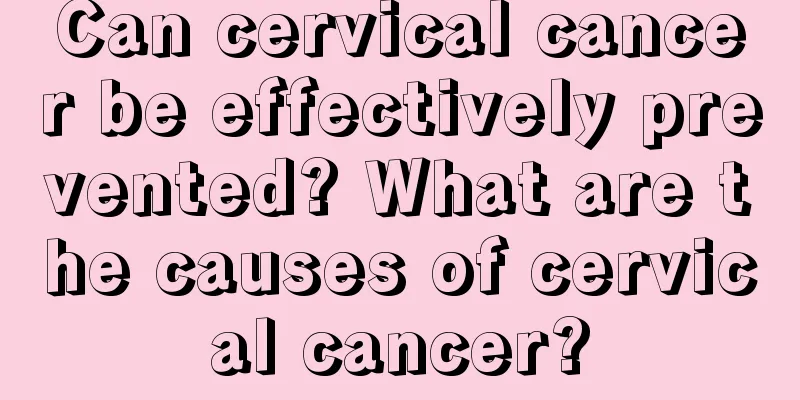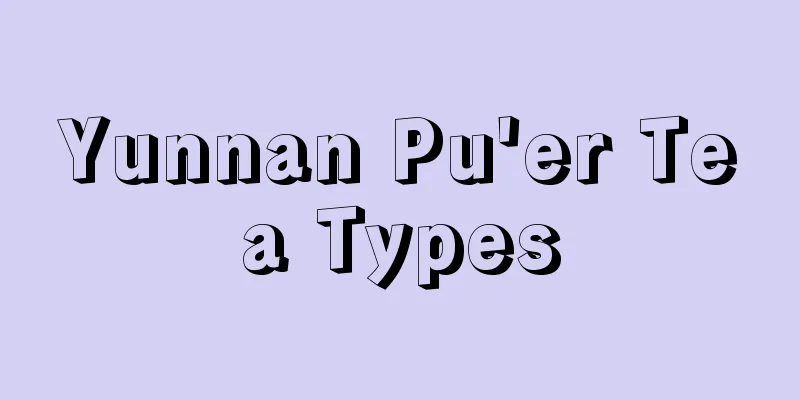Can people with hyperthyroidism eat eggs? It turns out to be like this

|
As we all know, there are many dietary taboos for patients with hyperthyroidism. If they eat secretly, it will cause greater harm to the patient's health. So can patients with hyperthyroidism eat eggs? Most patients with hyperthyroidism do not know much about this issue. In fact, people with hyperthyroidism can eat eggs. A high-calorie, high-protein, and high-fiber diet is more suitable for patients with hyperthyroidism. 1. Can people with hyperthyroidism eat eggs? OK. After suffering from hyperthyroidism, the body's metabolism is more vigorous than normal and the energy consumption is more than normal people, so a nutritious high-calorie, high-protein, and high-fiber diet should be arranged. For example, you can eat more lean meat, river fish, chicken, duck, eggs and other foods with high calories and protein content; appropriately increase the intake of carbohydrates such as rice and noodles; pay attention to eating more fruits and various fresh vegetables. Thyroid hormones promote metabolism and the body's redox reactions. Hypermetabolism requires the body to increase food intake; gastrointestinal activity is enhanced, and the frequency of bowel movements increases; although food intake increases, the oxidation reaction is enhanced, the body's energy consumption increases, and patients experience weight loss; increased heat production manifests as heat intolerance and sweating, and some patients experience low fever; increased thyroid hormones stimulate sympathetic nerve excitement, and clinical manifestations include palpitations, tachycardia, insomnia, sensitivity to surrounding things, mood swings, and even anxiety. If patients with hyperthyroidism do not receive proper treatment for a long time, they will suffer from weight loss and hyperthyroid heart disease. Patients who are emaciated are often more susceptible to acute infectious diseases, which can lead to disability or death. Hyperthyroidism heart disease causes heart enlargement, arrhythmia, atrial fibrillation and heart failure, causing patients to lose their ability to work and even die. treat 2. There are three methods to treat hyperthyroidism: antithyroid drug treatment, radioactive iodine treatment and surgical treatment. 1. Antithyroid drugs have a wide range of applications. They can be used to treat adults and children, men and women, mild or severe hyperthyroidism, first-time onset or recurrence of hyperthyroidism, and pregnant or breastfeeding women with hyperthyroidism. There are two types of antithyroid drugs - imidazoles and thiouracils. The representative drugs are methimazole (also known as "thimazole") and propylthiouracil (also known as "propylthiouracil"). 2. Drug treatment is suitable for pregnant women with hyperthyroidism, children, and patients with mild thyroid enlargement. Treatment generally takes 1 to 2 years, and the drug dosage needs to be increased or decreased during treatment according to the thyroid function. Drug treatment has some side effects, including granulocytopenia, drug allergy, impaired liver function, joint pain and vasculitis. The side effects of drugs need to be closely monitored in the early stage of drug treatment, especially granulocytopenia. Patients need to be warned that if they have fever and/or sore throat, they need to check their granulocytes immediately to determine whether granulocytopenia occurs. Once it occurs. Immediately discontinue emergency medication. Another disadvantage of drug treatment is the high relapse rate after discontinuation of medication, which is about 50%. Both radioactive iodine therapy and surgical treatment are destructive treatments. Hyperthyroidism is not likely to recur and treatment only requires one time. Radioactive iodine is suitable for patients with moderate thyroid enlargement or recurrence of hyperthyroidism. Doctors calculate the radiation dose required for each patient based on the patient's thyroid gland's uptake rate of radioactive iodine. Radioactive iodine is absolutely contraindicated in pregnant and lactating women. Because radioactive iodine has a delayed effect, the incidence of hypothyroidism is 3% to 5% per year over time. Radioactive iodine therapy is not suitable for hyperthyroid patients with thyroid eye disease because the eye disease may worsen after treatment. 3. Surgical treatment is suitable for those with significant thyroid enlargement, or those who are highly suspected of thyroid malignancy, or those whose thyroid enlargement compresses the trachea and causes breathing difficulties. Before surgery, medication is needed to control thyroid function within the normal range, and oral compound iodine solution is also required as preoperative preparation. |
<<: What medicine is better for perianal abscess
>>: Is it good to eat bananas at night? The truth is like this
Recommend
What are the early symptoms and signs of breast cancer? How many years can you live after early breast cancer removal
Breast cancer is a malignant tumor that occurs in...
Can I drink lemon in summer?
Most people usually buy lemons and squeeze juice ...
What are the early signs of cervical cancer? Is regular screening effective in preventing cervical precancerous lesions?
In daily life, cervical cancer is a common gyneco...
Is breast cancer hereditary?
Breast cancer can be inherited, but not all breas...
What are the symptoms of osteosarcoma?
At the age of blooming, life has just begun, but ...
What should I do if my liver function alanine aminotransferase is high
When the problem of high alanine aminotransferase...
What to do without eyelashes
Everyone wants to have a pair of big, bright eyes...
What are the main symptoms of gallbladder cancer?
Gallbladder cancer is a relatively common disease...
Notes on ice application
Ice compress can quickly reduce swelling and reli...
Hormone-dependent dermatitis
Dermatitis is a very common disease. This type of...
How do middle school students slim down their legs and buttocks
If middle school students want to slim down their...
What are the 5 types of TCM syndrome differentiation and prescriptions for lung cancer
There are five types of lung cancer in TCM: Qi de...
What are the late-stage symptoms of lymphoma?
Lymphoma is mostly discovered in the late stage, ...
What are the symptoms of liver cancer
The early development of liver cancer is characte...
What are the common liver cancer examination methods? Four common examination methods for diagnosing liver cancer
What are the common methods for checking liver ca...









